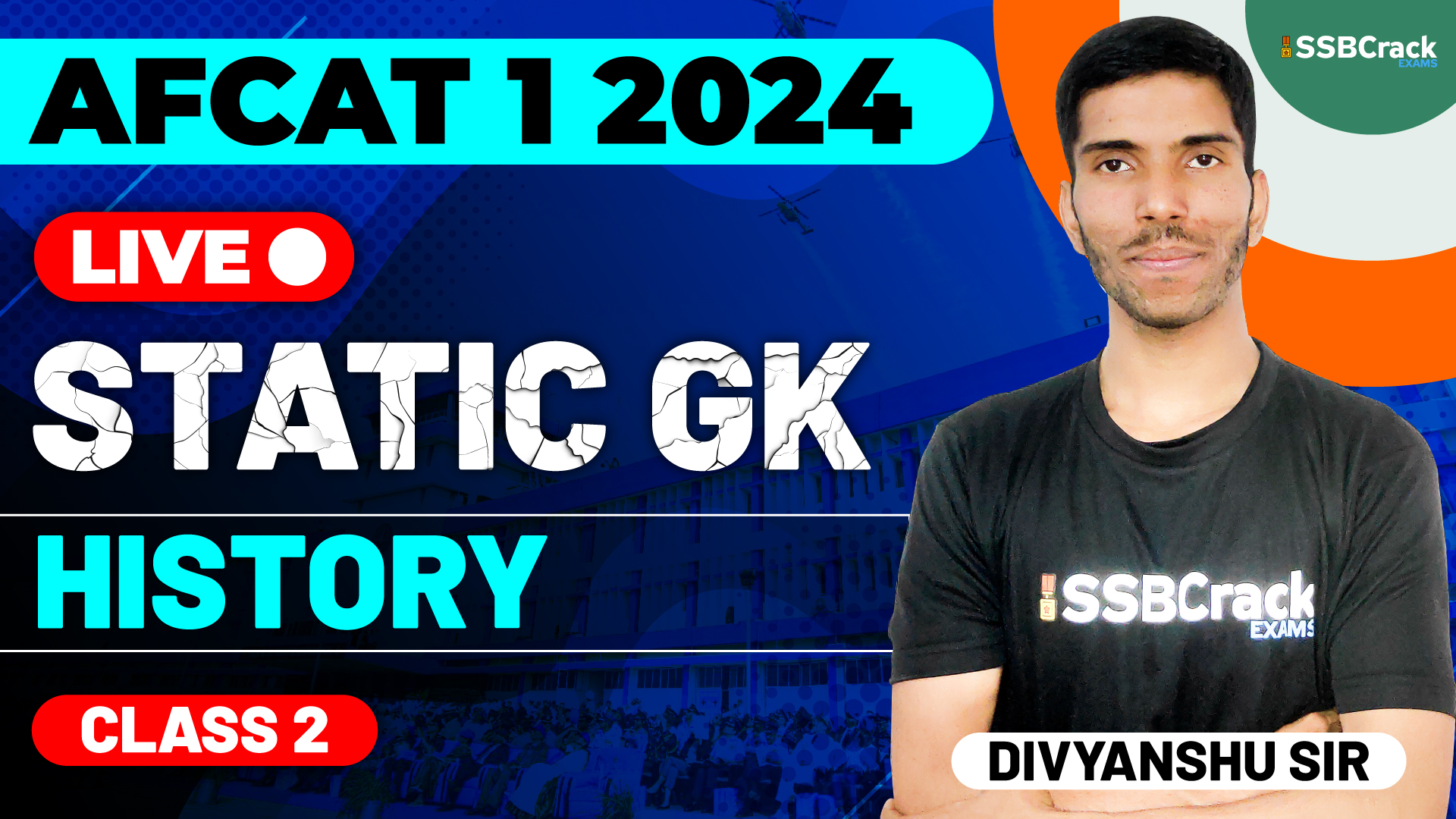The Air Force Common Admission Test (AFCAT) is a pivotal examination for individuals aspiring to join the Indian Air Force as officers. Aspirants aiming to clear AFCAT 1 in 2024 need to master various sections, including Static General Knowledge (GK). One of the key components of Static GK is the history of Modern Indian Independence struggle, which holds significant importance for defence aspirants. This article aims to provide a comprehensive overview of this crucial period in Indian history, helping candidates prepare effectively for the exam.
Modern Indian Independence Struggle:
The modern Indian independence struggle was a transformative period marked by the relentless pursuit of freedom from British colonial rule. It unfolded over several decades, involving myriad leaders, movements, and sacrifices. Aspirants must familiarize themselves with the key events and personalities associated with this struggle.
- First War of Independence (1857-1858):
- Also known as the Sepoy Mutiny, this uprising against British East India Company rule laid the groundwork for subsequent independence movements.
- Leaders like Rani Lakshmibai, Mangal Pandey, and Bahadur Shah II played significant roles.
- Formation of Indian National Congress (1885):
- The Indian National Congress (INC) emerged as a political platform for expressing Indian aspirations for self-governance.
- A.O. Hume, Dadabhai Naoroji, and Womesh Chunder Bonnerjee were among its founding members.
- Partition of Bengal (1905):
- Lord Curzon’s decision to partition Bengal sparked widespread protests and marked the beginning of the Swadeshi Movement.
- Leaders like Rabindranath Tagore and Aurobindo Ghosh advocated for boycotts of British goods.
- Jallianwala Bagh Massacre (1919):
- The tragic event in Amritsar, where British troops opened fire on a peaceful gathering, intensified the demand for independence.
- The incident was a turning point, leading to increased opposition to British rule.
- Non-Cooperation Movement (1920-1922) and Civil Disobedience Movement (1930-1934):
- Led by Mahatma Gandhi, these movements aimed at non-violent resistance against British policies.
- The Salt March and the Dandi Satyagraha were iconic events during the Civil Disobedience Movement.
- Quit India Movement (1942):
- Launched by Mahatma Gandhi, the movement demanded an immediate end to British rule.
- Leaders like Jawaharlal Nehru, Sardar Patel, and Subhas Chandra Bose played crucial roles.
- Independence and Partition (1947):
- India gained independence on August 15, 1947, but the joy was marred by the communal violence accompanying the partition.
- Leaders like Jawaharlal Nehru, Sardar Patel, and Maulana Abul Kalam Azad played pivotal roles in shaping post-independence India.
Conclusion:
For AFCAT 1 2024 aspirants, a thorough understanding of the modern Indian independence struggle is indispensable. The knowledge of this period not only enhances historical awareness but also instills a sense of patriotism and duty – essential qualities for individuals aspiring to serve in the defense forces. As candidates delve into the Static GK section, let the lessons from India’s struggle for independence inspire them on their journey toward serving the nation with pride and honor.







